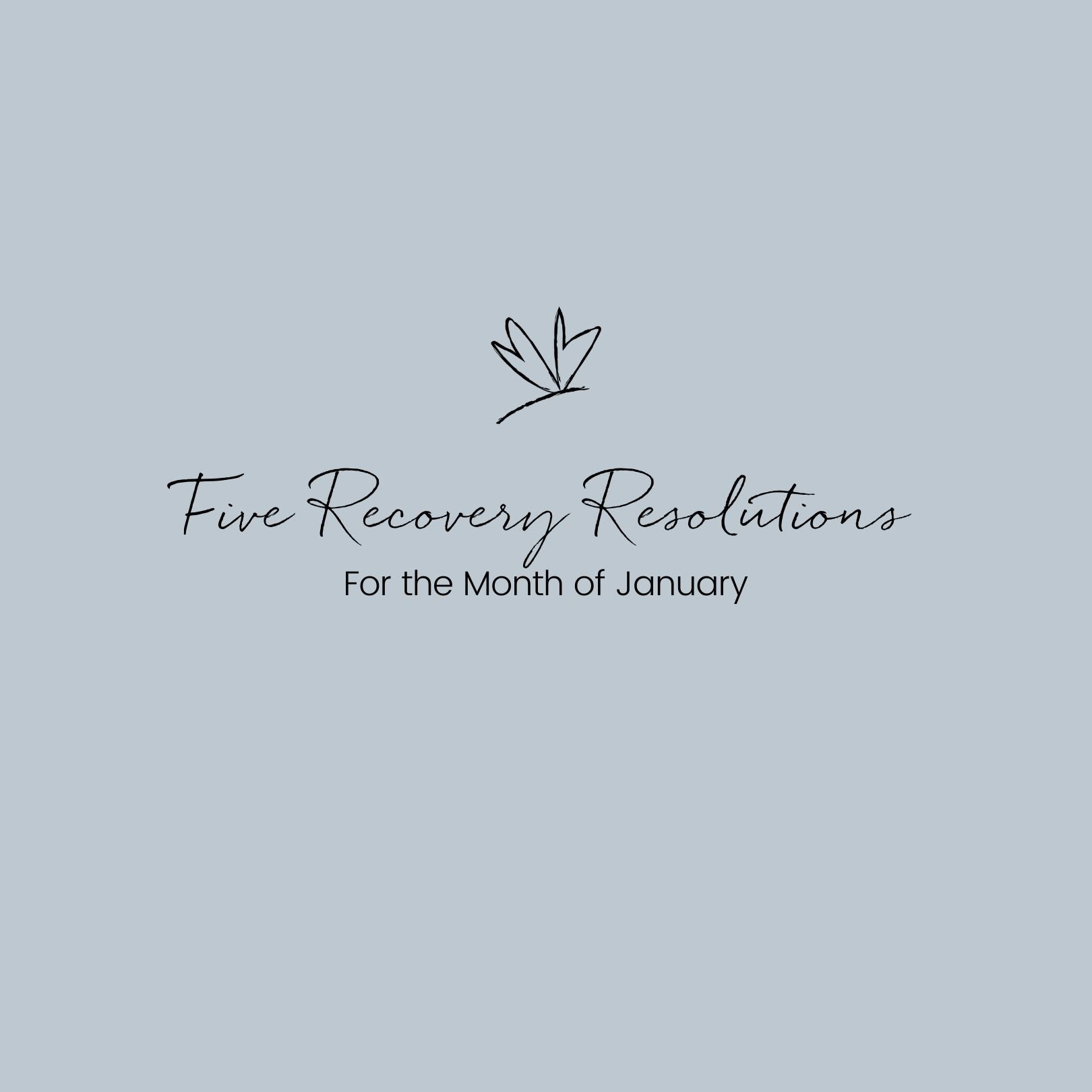Veganism, Eating Disorders and a Bold Education Intervention
Why?
Well, the fee-paying school, believes it’s a necessary intervention in the pastoral effort to ensure students are not succumbing to, or further suffering from, an eating disorder.
As reports The Times, the College will actively monitor those who elect to follow a plant-based diet, despite not specifically providing a strict vegan menu as part of its culinary offering.
According to the media coverage, the College acknowledges that it does have students living with an eating disorder, and does not seek to ‘shy away’ from that fact.
Taken in that context, who could do anything but praise an educational outlet for wanting to be on the front-foot about adopting ways and means of ensuring it minimises vulnerability to its young community of pupils?
Every day, we’re on the phone and in email discussions with schools, colleges and academies, urging them to consider their part in risk-reduction and enhanced empathy, because this vile and devastating mental health illness needs every piece of ammunition to stop it claiming lives.
It’s not good enough for schools to say that ‘eating disorders are mentioned in an assembly once a year.
Or that ‘we feature it in occasional PHSE sessions, or in the general staff mental health training’.
Eating disorders need acute understanding, awareness, and significant behavioural shifts on a macro level, so any kind of practical intervention, is a clear and welcome sign of a school ‘being accountable’ in its desire to do the best job it can at student welfare.
“Ah, but….”, we hear you cry.
“Does veganism cause eating disorders”? “Is this a hammer to crack a nut?”.
Well let’s debate that for a minute.
No, we absolutely cannot say that any child who opts for a vegan lifestyle is doing so because they have an eating disorder.
And no, we can’t claim that because they follow a plant-based diet, they’ll subsequently deteriorate into a world of anorexia nervosa.
What we know, however, is that there ‘can’ be a link, between the number of sufferers we see who are following a diet they refer to as being vegan, gluten-free, vegetarian, dairy-free, paleo, keto….and so it goes on.
For many, using a ‘tag’ for their dietary choice, initially brings a very successfully poised ‘legitimacy’ to restricting their food intake. Thus, in the early stages of this tortuous mental health suffering, a person might be causing less concern by explaining that they can only eat A,B or C from the menu, because everything else is precluded from their diet of choice.
And of course, we can witness those who start out on a veganism journey, becoming so ‘obsessive’ about food, that the seeds of an eating disorder are settling into fertile ground.
What those without significant knowledge of eating disorders often pass over, is that this is an illness of the brain. It makes a person think 24-7 about food…the very thing they are often restricting or ‘holding on a pedestal’.
The brain believes it is in famine, and takes over all mental function, in a bid to encourage that person to make the necessary physical action – to source food.
This flies in the face of the idea that a person is always ‘petrified’ of food, if they have an eating disorder. Indeed, they’ve often got so many cookbooks, foodie Instagram feeds, and a great talent for cooking for others!
Back to cause and effect then…
There will be no one diet that will CAUSE an eating disorder. And there will be no one CHOICE of dietary habit for every person already battling an eating disorder.
It may not sit with your ‘typical perception’ of a person with an eating disorder, but it’s also possible that you’ll find someone who eats carbs, snacks on sweets, lives off red meat, or eats food out of the bin – is still by all accounts suffering an eating disorder.
The illness has no specific body composition or dietary confinement or daily habit.
And it’s because it’s sooooo darned complex, that vigilance and empathy is one of the best possible strategies anyone can have if they’re intent on supporting sufferers and potentially vulnerable persons.
Cheltenham Ladies College has to be applauded for accepting – when many schools refuse to – that it does have a presence of the illness among its students.
What’s more, we should celebrate that it is prepared to consider what ways in which it can do more to support those who attend its academic institution.
Blood testing is indeed useful, and, to our mind, BY FAR, so much better than an obsessive approach to weighing susceptible young people.
We sound the note of caution to all schools and colleges, to please not convince yourself that a specific dietary following is in itself confirmation of an eating disorder, but to look at the bigger picture and to make that assessment in the most detailed way possible.
Wednesday’s Child is proud of its ARISE framework for schools, which was developed last year and already helps both state and independent academic institutions.
Our ARISE model takes you through the critical phases of supporting those with eating disorders in school. These being Awareness, Recognition, Informing, Supporting, Evaluation.
With our model now an online learning programme, please do get in touch if you’d like to understand our work further, or would like us to help you appraise and audit your school’s approach.
You can contact us on hello@wednesdayschild.co.uk
- Oct 2020





